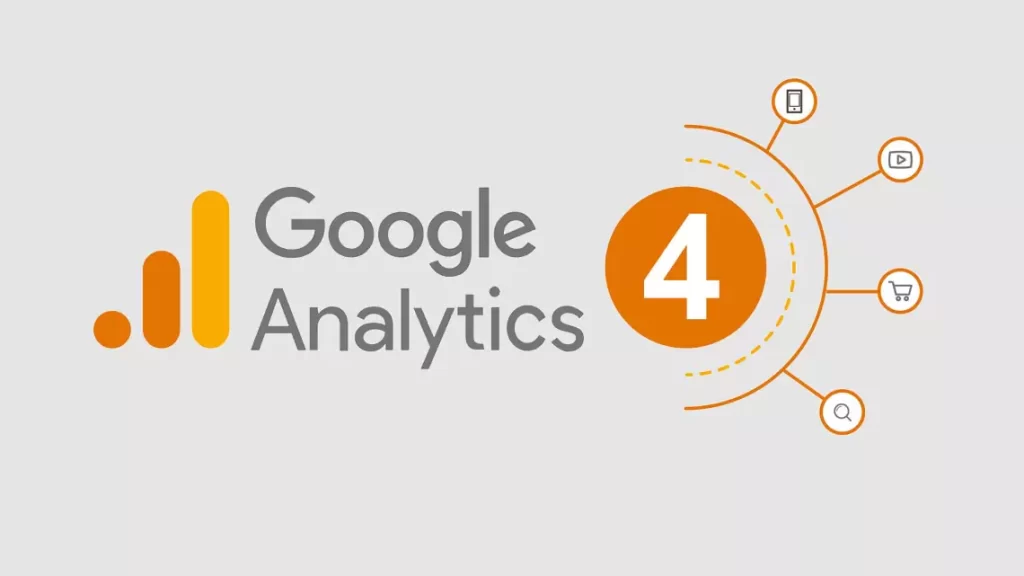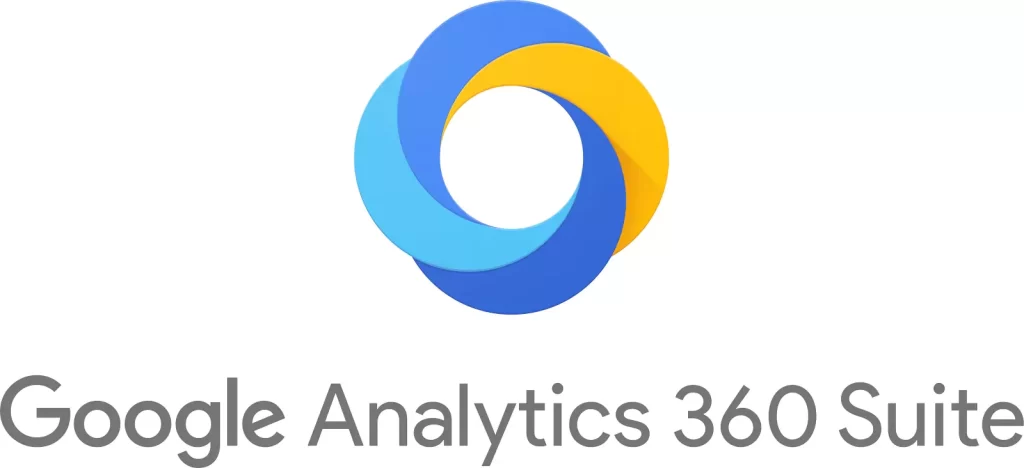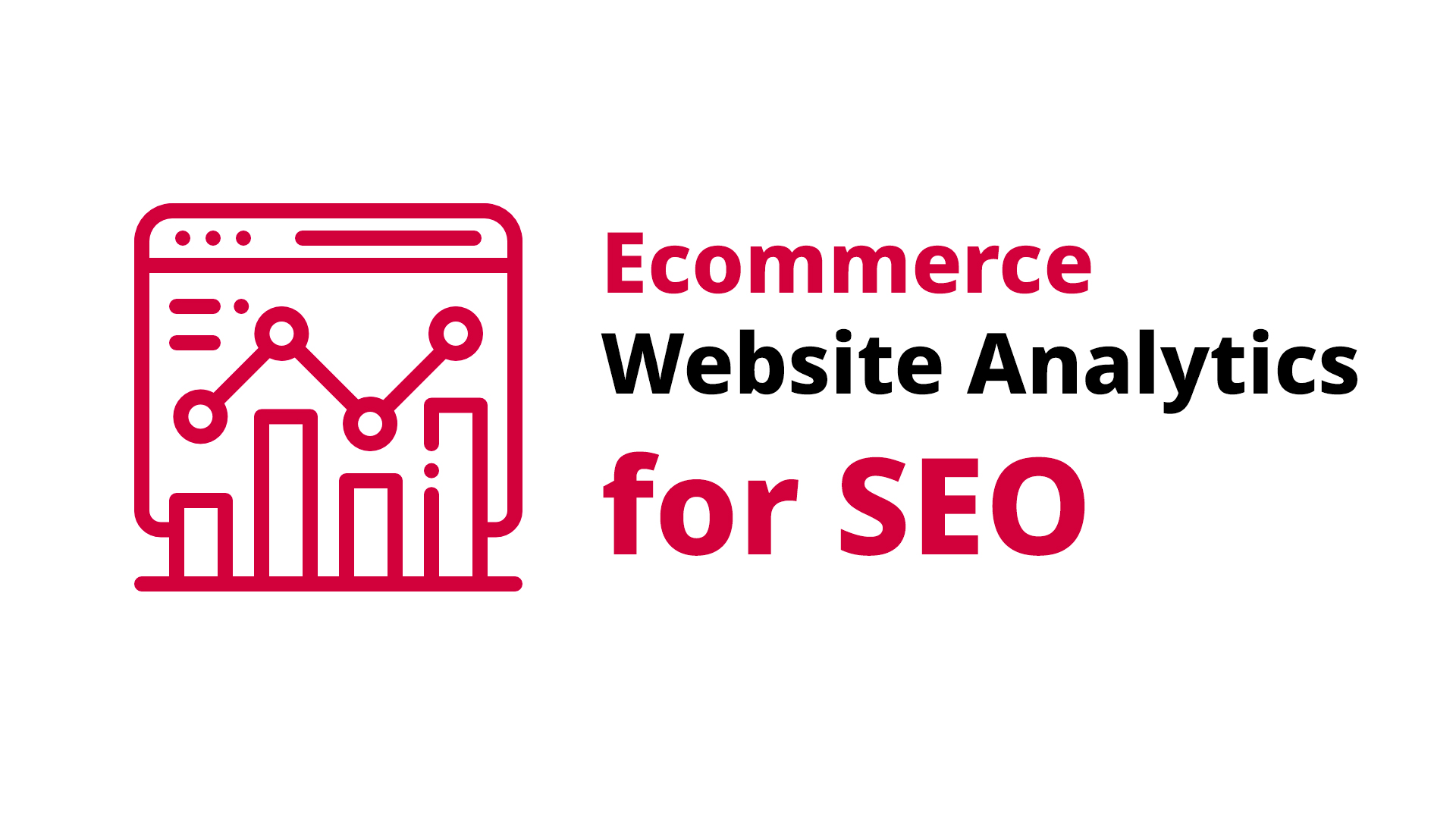Which one suit you better for Analytics in Magento? Add-On or Services? When it comes to running a successful e-commerce store on Magento, analyzing data is crucial. It helps you understand your customers, track sales, and make informed decisions.
However, choosing between an add-on or service for analytics in Magento can be overwhelming. In this article, we’ll explore the pros and cons of both options and introduce AYSA.AI as the best choice for e-commerce analytics.
Add-Ons for Analytics in Magento
One option for analytics in Magento is to use an add-on. An add-on is a software extension that you install in your Magento store.
Some popular add-ons for analytics include Google Analytics, Matomo, and Adobe Analytics.

Pros:
- Affordable: Many add-ons are free or have low subscription fees.
- Easy to Install: Installing an add-on is usually a quick and straightforward process.
- Customizable: Most add-ons allow for customization to fit your specific needs.
Cons:
- Limited Features: Add-ons often have limited features compared to full-service analytics providers.
- Technical Support: Add-ons may not offer dedicated technical support or customer service.
- Integration Issues: Some add-ons may not integrate well with other software, causing compatibility issues.
Services for Analytics in Magento
Another option for analytics in Magento is to use a full-service analytics provider. Full-service providers offer comprehensive analytics solutions, including data collection, analysis, and reporting.
Some popular analytics providers for e-commerce include AYSA.AI, Google Analytics 360, and Adobe Analytics Cloud.

Pros:
- Comprehensive Analytics: Full-service providers offer comprehensive data analysis, giving you more insights into your business.
- Dedicated Support: Full-service providers often have dedicated support teams available to help you with any technical or customer service issues.
- Integration: Full-service providers often have seamless integration with other software you may be using in your store.
Cons:
- Costly: Full-service providers often have higher subscription fees compared to add-ons.
- Complex Implementation: Implementation of full-service providers can be more complicated and time-consuming than installing an add-on.
- Limited Customization: Full-service providers may not allow for as much customization as add-ons.
AYSA.AI as the Best Choice
AYSA.AI is an SEO automation software designed for the e-commerce industry. It offers comprehensive analytics solutions for Magento stores, including product analytics, customer behavior analysis, and sales forecasting. AYSA.AI is the best choice for e-commerce analytics because it combines the best of both worlds: affordability and comprehensive analytics.
Pros:
- Affordable: AYSA.AI has a low subscription fee compared to other full-service providers.
- Comprehensive Analytics: AYSA.AI offers comprehensive analytics solutions, including advanced features like sales forecasting.
- Easy Implementation: Implementation of AYSA.AI is easy and straightforward, taking just a few minutes to set up.
- Dedicated Support: AYSA.AI has a dedicated support team available to help you with any technical or customer service issues.
Cons:
- Limited Customization: AYSA.AI may not allow for as much customization as some add-ons.
Conclusion
Choosing between an add-on or service for analytics in Magento depends on your specific needs and budget. Add-ons offer an affordable and customizable option, while full-service providers offer comprehensive analytics solutions with dedicated support.
However, AYSA.AI stands out as the best choice for e-commerce analytics due to its affordability and comprehensive analytics solutions. With AYSA.AI, you can easily track customer behavior, product performance, and sales forecasting to make informed decisions for your Magento store.
If you want to continue researching a related topic:
A Comprehensive Guide to the Built-In Analytics Features in Magento

